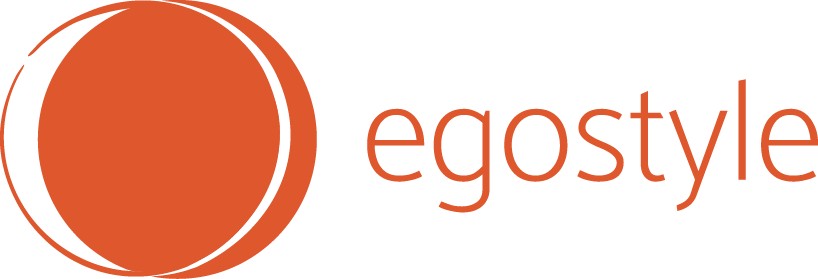The EGOSTYLE pedagogy
EGOSTYLE training actions rely on an essentially positive pedagogy based on the following principles :
- Building on the strengths of the trainees to develop their relational potential.
- Developing the culture of service in everyone.
- Highlighting the four savoirs and underlining their contribution to the success of any business relationship :
Le savoir – être (know how to be) : adopt commercial attitudes and behaviors.
Le savoir – vivre (literally “know how to live”) : develop the business through relational quality.
Le savoir – faire (know-how) : naturally apply sales techniques.
Le savoir – dire (know how to tell) : use an appropriate vocabulary dependent on the receiver.
- Promote the “employees’ professional image” concept.
- Focus on the influence of behavioral attitude in the implementation of techniques.
Our teaching is tailored to each participant and pre-determined expectations.
EGOSTYLE involves each participant in his own self-evaluation and in the definition of his personal goals.
Through the sessions the participants will have the opportunity to :
- Try the tools and come up with their own method.
- Train and practice with the help and support of the consultant and the group (briefing and debriefing).
- Identify their key strengths and areas for improvement.
- Plan the steps for implementation.
- Set individual commitments.
EGOSTYLE ‘s pedagogical method in action during training :
The participants practice during simulated situations, and each case is then discussed.
Practice alternates with theory.
Their analysis allows each trainee to diagnose his strengths and weaknesses :
- Strengths on which to build.
- Areas for improvement.
Thanks to :
- A self-evaluation following case simulations/studies.
- The evaluation by the group under the guidance of the trainer.
- The trainer’s debrief and advice.
At the end of the course, each student develops its PPP (Personal Progression Plan) including :
- His self-assessment.
- His progress commitments.
- His sustainable action plan.


